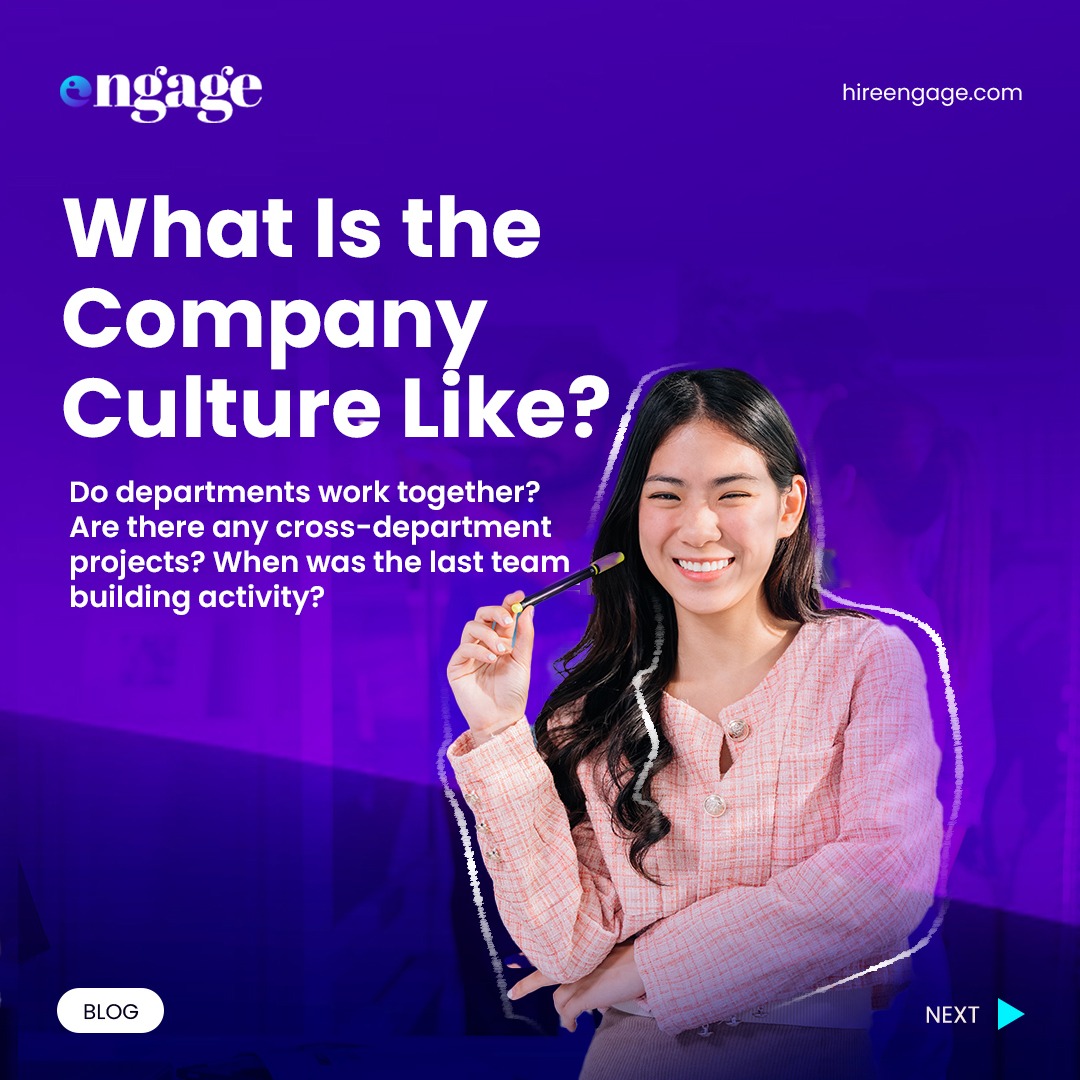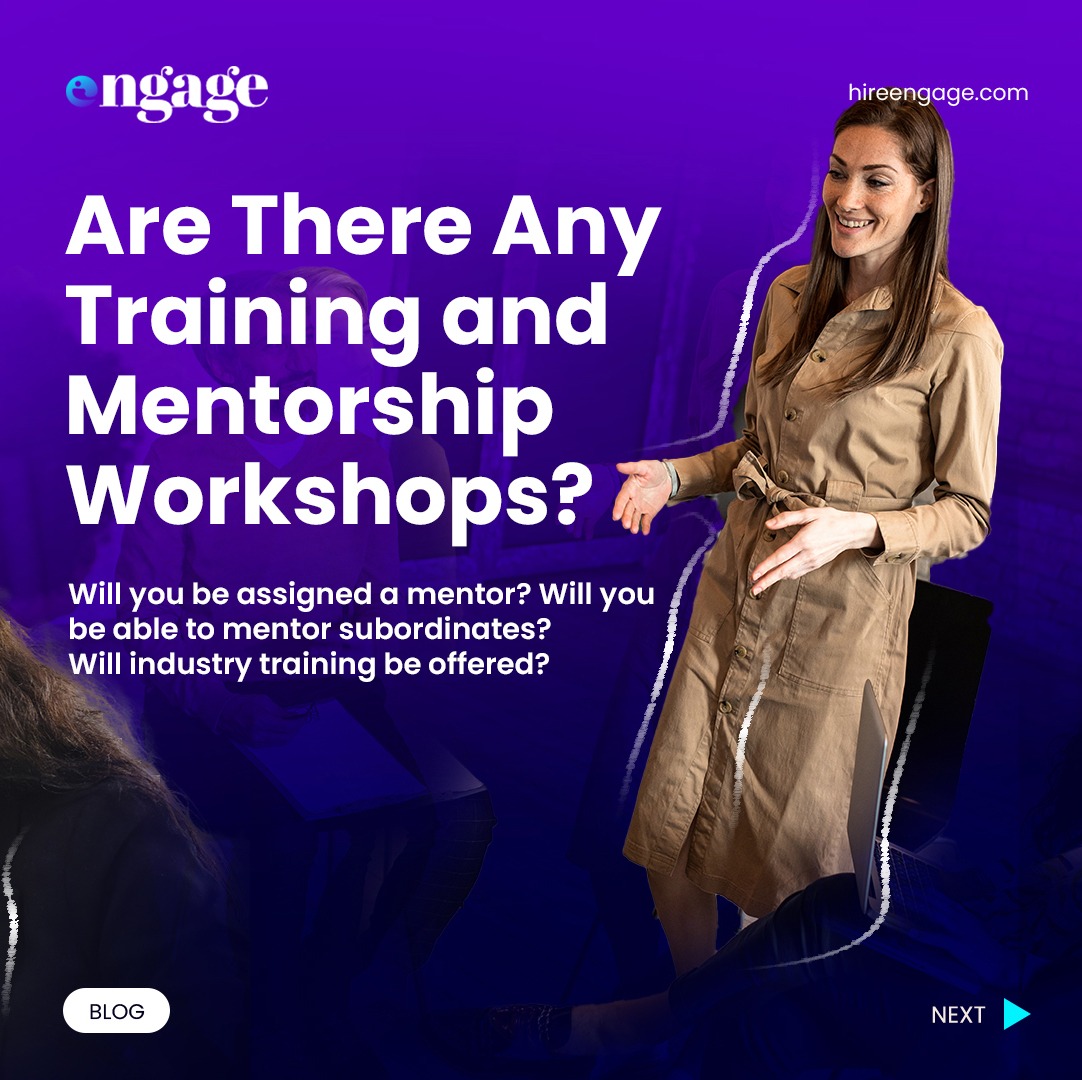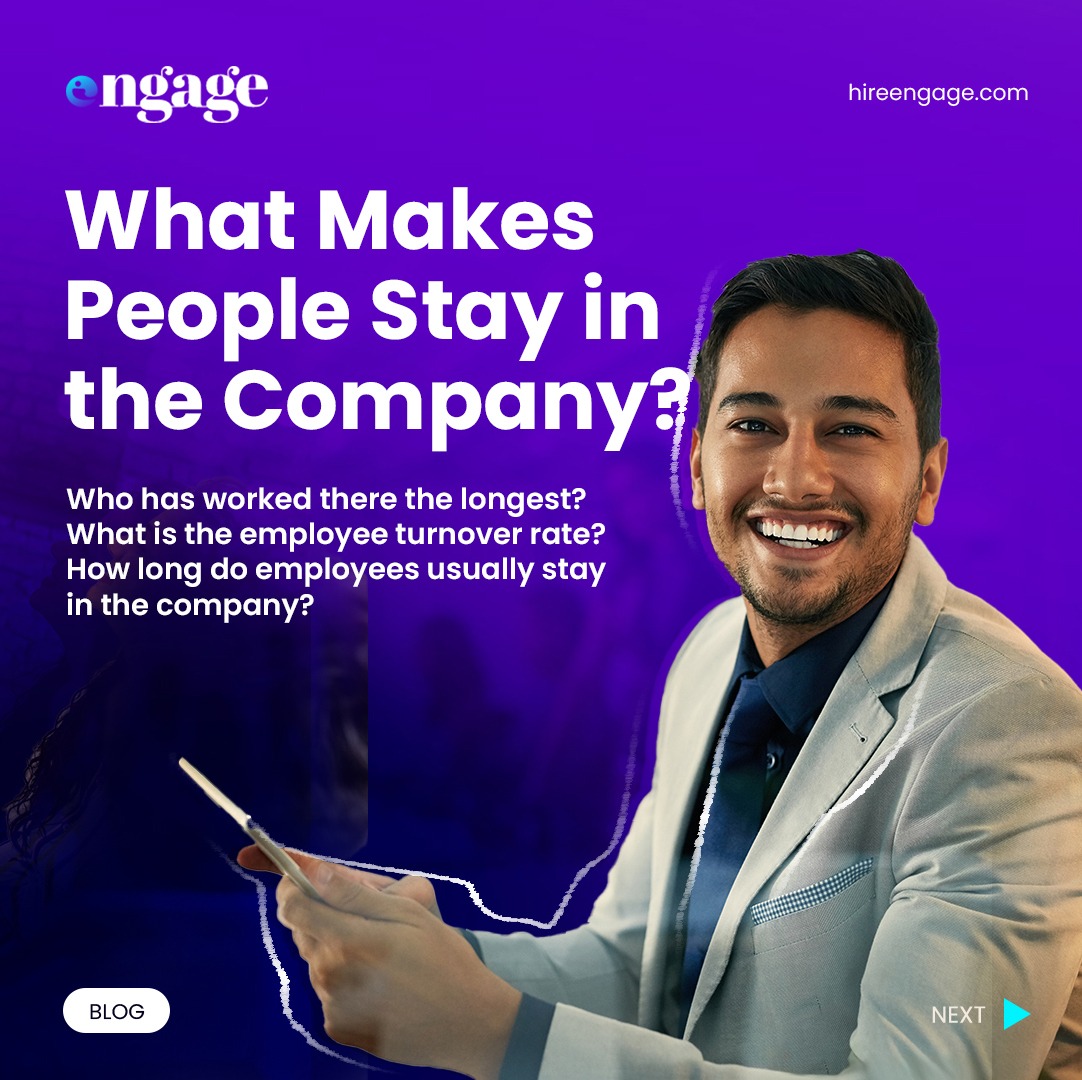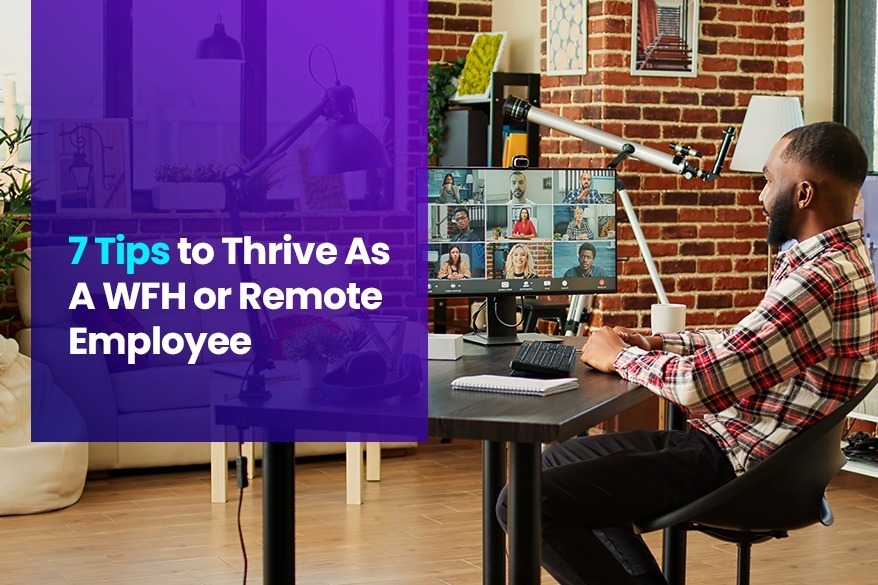“So, do you have any questions for me?”
You’re at the end of your latest job interview and you’ve been asked this final question. What do you say?
“I’m good, thank you.” Definitely not.
Every career blog, job website, headhunter, and hiring coach will tell you that asking questions at the end of every job interview is a must and opportunity to set yourself apart from the other candidates.
The questions you ask will not only impress the interviewer and make you more memorable, but more importantly, it will help you know if the job is right for you.
Ask questions that matter to you and your career goals.
It’s customary for job applicants to focus on asking questions that will impress the hiring manager. Of course, you want to show them that you are not like the rest and are a serious contender for the role.
But truthfully, this tactic is so well-known by HR professionals that when you ask the typical, “charming and witty” questions like “When was the last time the company had fun” or “What do I need to do to get a promotion,” you might just make your interviewer roll their eyes.
Instead of just, the operative word being “just,” trying to impress the hiring manager with your personality and wit, ask questions that are important to you and your career goals. This approach shows your authenticity, sincerity, and seriousness about the role.
You want to let your interviewer know that you care about the company and role and are discerning about your options, i.e. you’re interviewing them as much as they are interviewing you!
This is your opportunity to ask questions about the job that will help you know if the company has the same values as you. If you can progress your career there, how much knowledge and experience will you gain, what other learning and development opportunities will be open to you?
This step is important in knowing whether the job is a good fit for you or if it was only good on paper. It can be easy to attract great candidates with vague job descriptions and dreamy promises of high salaries and constant promotions. Digging into the details and asking smart questions will let you know what you can truly expect should you be hired.
Remember that it’s much better to have all the facts at your disposal when making huge career decisions. It’s better to ask those crucial questions now while you still have options at other companies rather than accept a role you later find out isn’t right for you at all.

Ask questions that show you are experienced, knowledgeable, and a top candidate for the job.
Asking questions at the end of a job interview shows the hiring manager that you are one of the top, if not the best, candidate for the role. Asking the right questions will show that you have researched the company, know the industry and job standards, are experienced in the role, and know what you are talking about.
The questions you ask will reflect your interest in the job itself, the company and how you will fit in, and how you will be able to grow professionally long-term while contributing to the success of the organization.
Here are three questions you can ask during your interview to impress the hiring manager and to know if the job is a great match for you.

1. Questions to ask about the job
a. What will be your daily tasks, responsibilities, and deliverables?
What tasks do you need to finish daily, weekly, and monthly? How much of each of your tasks will you be doing every week? Will you be focusing more on administrative work or technical work? Are you expected to produce a report, make a presentation, or submit an output?
b. Who will be your direct manager and teammates?
Will you be working closely with your manager? How much collaboration and work independence should you expect? How long has your future manager been with the company? What’s the best way to work with your manager and teammates?
c. What are your KPIs?
How will your success or failure be determined? What are the 3 most important tasks in your role? What is the overall goal of your role? What are the metrics for your performance evaluation?

2. Questions to ask about the company ideals and structure
a. What are the company’s current goals and problems?
What are you trying to achieve as an organization? How does the company plan to grow in the next 3-5 years? How will you be able to support that growth? What problems will you be able to help solve?
b. What is the company culture like?
Do departments work together? Are there any cross-department projects? When was the last team building activity? Do most departments collaborate or work on their own? What’s the management style of the company leaders? What is the work-life culture like? What are the busiest periods of the organization?
c. What are the values of the company?
Does the company value competition or collaboration more? What is the company’s view on innovation and tradition? What is the CEO/Founder like? What are deal breakers for the company? What are the qualities of the best performing people?

3. Questions to ask about your long-term career
a. What are the career growth opportunities?
What will your future career progression look like? Where will you be in 3 years within the company? Will you have chances to take on more responsibilities? Will you be able to lead projects? Will you have management opportunities?
b. Are there any training and mentorship workshops?
Will you be assigned a mentor? Will you be able to mentor subordinates? Will industry training be offered? Are there other workshops for upskilling? How does the company stay updated with industry developments? Will there be conventions, expos, and seminars to attend?
c. What makes people stay in the company?
Who has worked there the longest? What is the employee turnover rate? How long do employees usually stay in the company? What long-term career benefits do employees enjoy?
Depending on the amount of time you have to ask questions, you will probably be limited to just 3-4 of these questions. Choose which are the most applicable to the job you’re interviewing for and customize them to suit the conversation you’ve just had with the hiring manager.

These questions will not only show your genuine interest in the role, but it will help you know if what you value most in a work environment and employer is a match with the company you’re interviewing for.
Take some time to think about questions before the interview and what the ideal answers are for you. It’s important that you like and enjoy your workplace just as much as your future employer appreciates you!
Good luck!
Looking for your next big career move? Get help from our experienced recruiters and hiring managers. We’ll help you find your dream role with a company that perfectly matches your career goals. Learn more about our job placement services and get one step closer to your new job!




